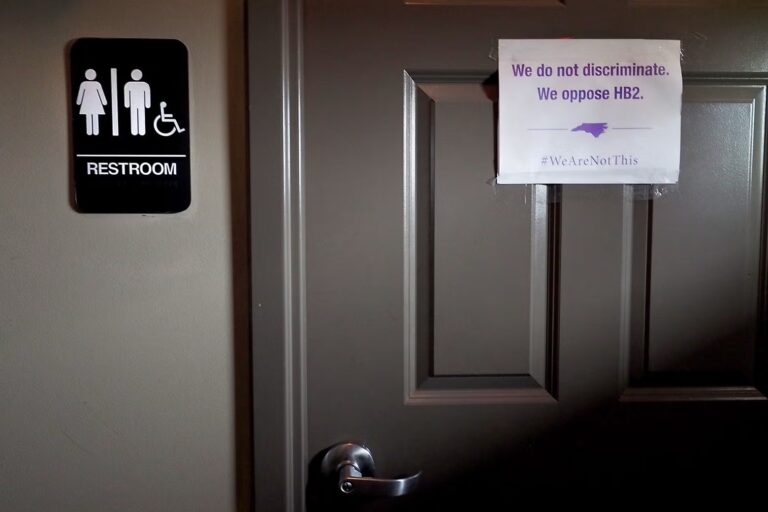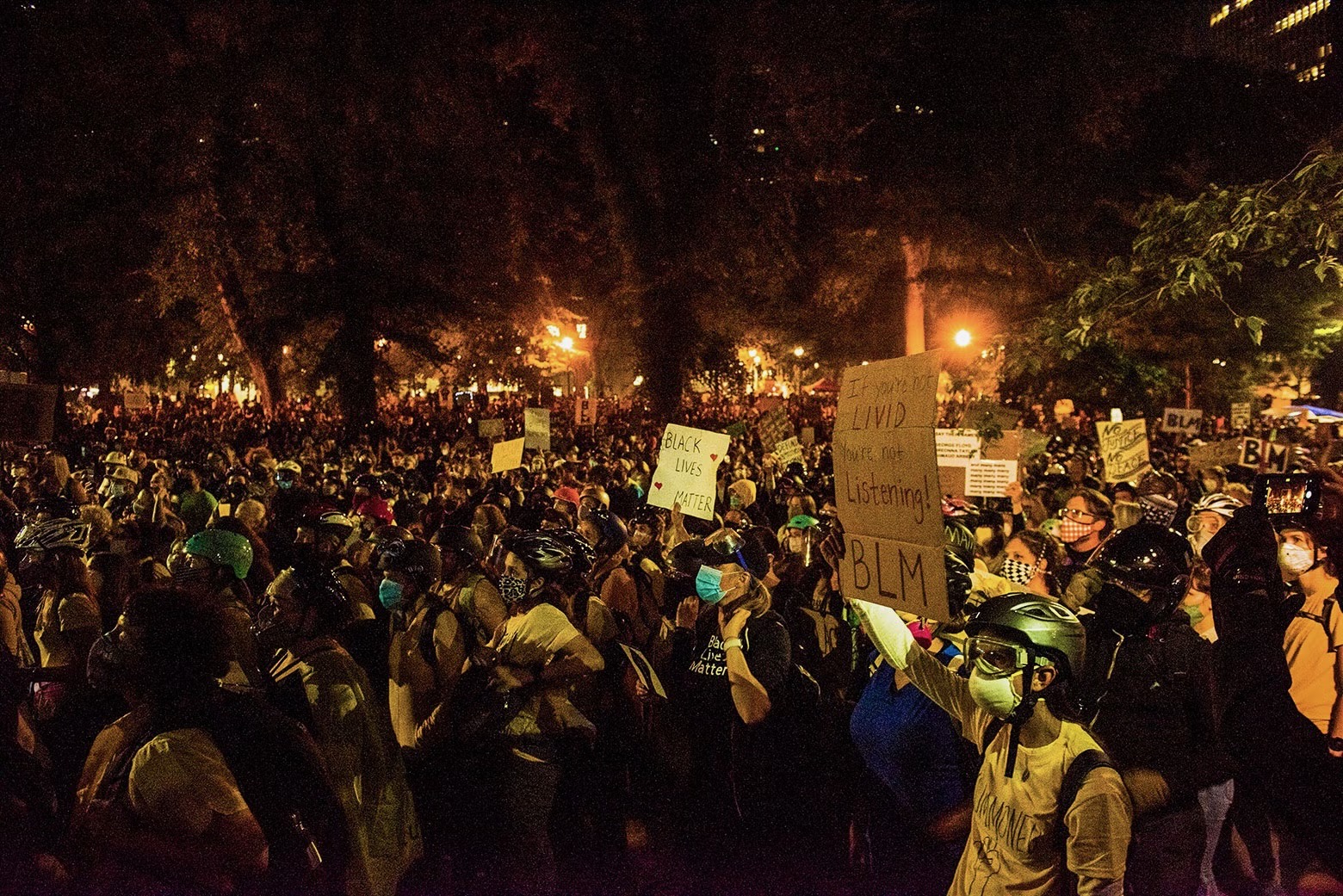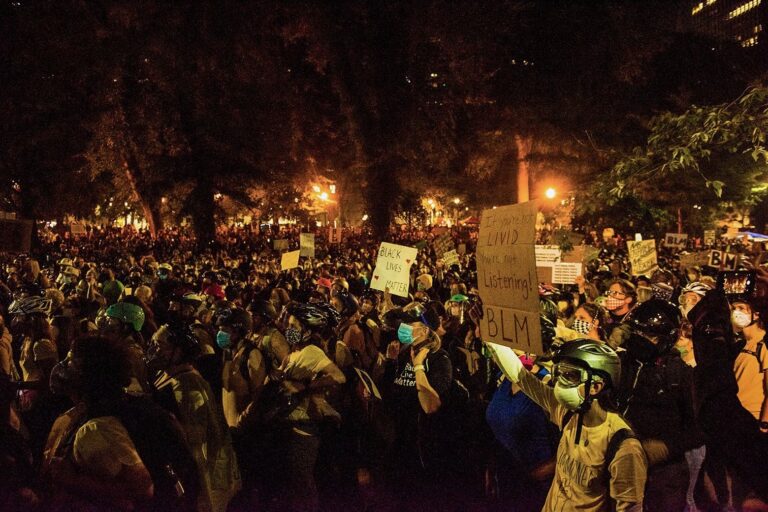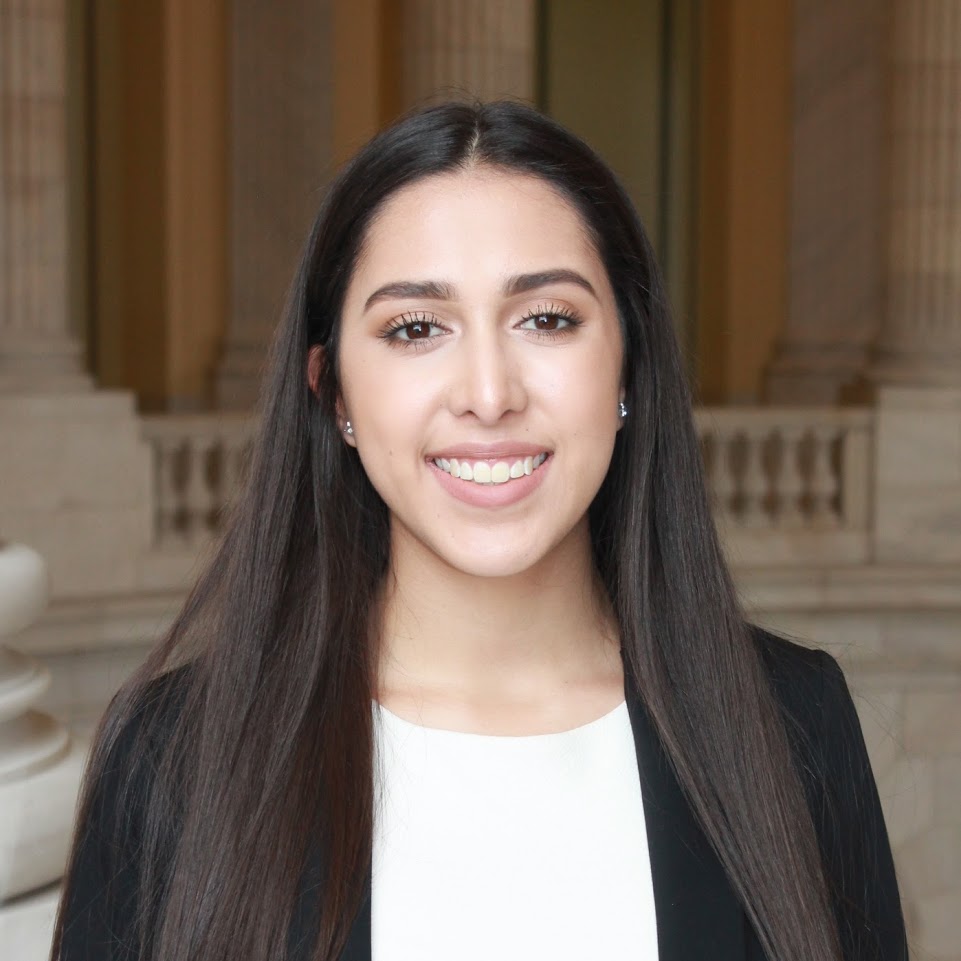The legacy of Black women legislators, from Shirley Chisholm to Barbara Lee
More Of This
This is an interview with retiring California representative Barbara Lee.
Barbara Lee started out as a Bay Area radical who didn’t believe that voting could make a difference in people’s lives. Shirley Chisholm set her straight, reminding the young Black woman from California that those in power preferred that advocates for economic and social and racial justice disengage from the electoral process. So Lee engaged, becoming a Chisholm delegate to the 1972 Democratic National Convention, an aide to California’s legendary Democratic US Representative Ron Dellums, and, in 1999, Dellums’s replacement in the House. Two years later, she cast the sole vote against authorizing President George W. Bush’s forever wars. She has remained a hero to peace activists since she cast that vote. But Lee’s epic tenure in Congress—now coming to a conclusion after 25 years—has seen her lead on issues including abortion rights, the global fight against AIDS, reframing US foreign policy, and efforts to cut the Pentagon budget to fund human needs.
Read the interview on the Nation >
A federal police force could be used to suppress Californians. Our state government can fight back.
Say It Louder
Spencer Reynolds is senior counsel in the Brennan Center for Justice’s Liberty and National Security Program. Previously, he was senior intelligence counsel in the Office of the General Counsel of the U.S. Department of Homeland Security.
President-elect Donald Trump has threatened to implement a slate of controversial policies in his second term, including military strikes on Mexican drug cartels, restrictions on abortion pills, a new “Muslim ban,” immigration raids, and mass deportations. Any one of these moves is likely to bring tens of thousands of protesters onto the streets. Trump has made it clear he will meet opposition with force. A major player in that crackdown will be the Federal Protective Service, a little-known but powerful law-enforcement agency that the Heritage Foundation’s Project 2025 identifies as key to quashing dissent. Congress, as well as state and local authorities, must act urgently to prevent its weaponization against the president’s political opponents.
The FPS is part of the Department of Homeland Security. Its officers carry guns and make arrests just like other police—with the difference being that Congress has empowered the agency to bring in additional forces from among the department’s 90,000 other law-enforcement officers. The homeland security secretary can assign those officers to work directly for the FPS at a moment’s notice, augmenting its police force with huge numbers of personnel who have received little more than cursory training to execute domestic law-enforcement functions.
Read the rest on Slate >
I’m a trans person, and I may need to start carrying “papers” when I travel outside California
Less Of This

Miles Whitney is an lawyer and writer living in Sacramento, California.
In the aftermath of the 2024 elections, a transgender friend posted a meme. It depicted a map of the United States divided into red and blue with the caption “Where I can take vacation.”
The map reminded me of a road trip I took from California to New Orleans in 2023. I had heard of “bathroom bills” and wondered how I could make it safely (and comfortably) across the country. A Google search showed, to my relief, that our route did not traverse any bathroom-bill states.
Read the rest of the story on Slate >
Conservative Justices have profound incuriosity about people who are different than themselves
Speaking Of...

The Supreme Court heard oral argument on Wednesday in United States v. Skrmetti, a case about Tennessee’s effort to deny healthcare to transgender children—and trans kids’ efforts to live free from discrimination. Last year, Tennessee Republican lawmakers enacted a law that prohibits medical providers from administering puberty blockers and hormone therapy to minors if the purpose of the treatment is to help the child live in a way “inconsistent with the minor’s sex.” Three Tennessean trans kids and their families sued, arguing that the law violates the Equal Protection Clause of the Fourteenth Amendment.
As the quoted text should make clear, Senate Bill 1 explicitly treats children differently on the basis of sex—discrimination that the Fourteenth Amendment prohibits. Under the law, for example, a teen assigned male at birth who wants testosterone to lower his voice can have it. A teen assigned female at birth cannot.
Read the rest of the story on Balls & Strikes >











